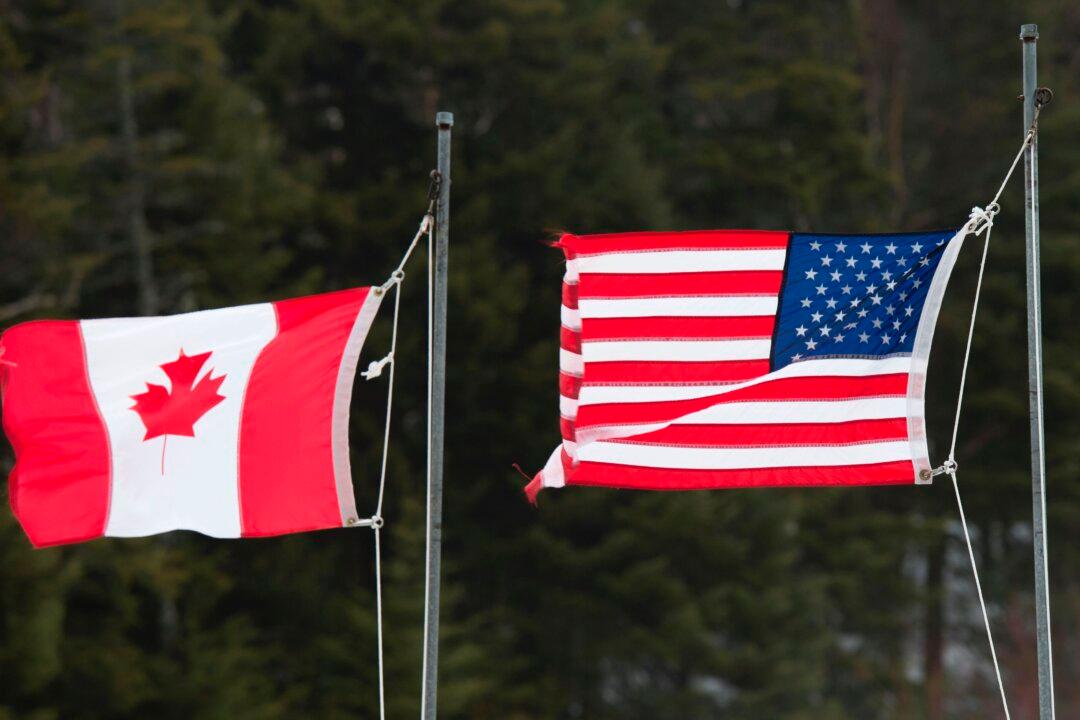The following is a speech delivered by Conrad Black at the Canada Strong and Free Networking Conference 2023 in Ottawa on March 24, 2023.
I have been asked to give a summary of the development and current condition of conservatism in the United States and Canada. Please allow me to begin with a bit of historical interpretation. The nature of American and Canadian political society, including their somewhat different notions of conservatism, are derived from their early days.





